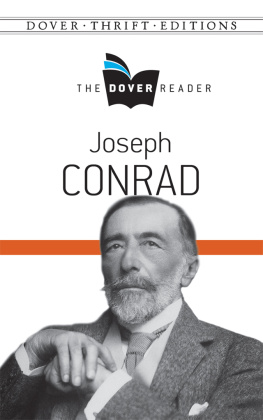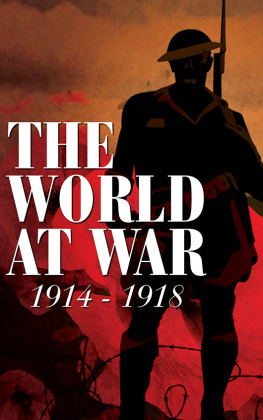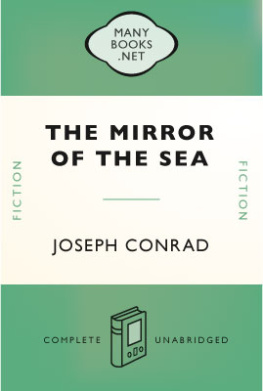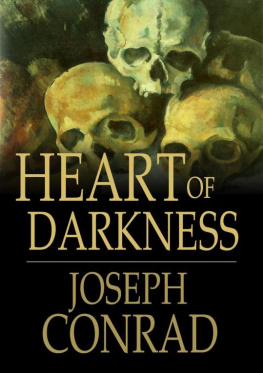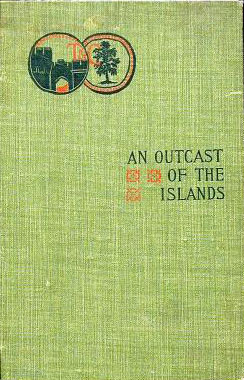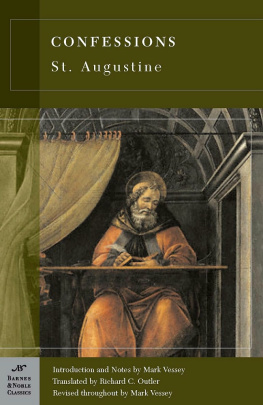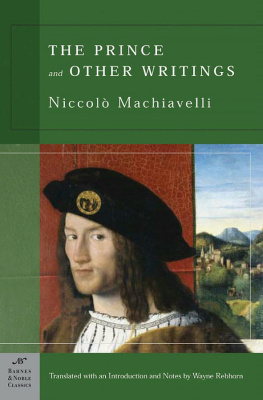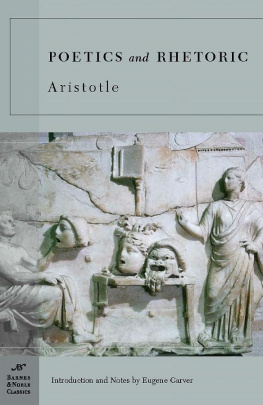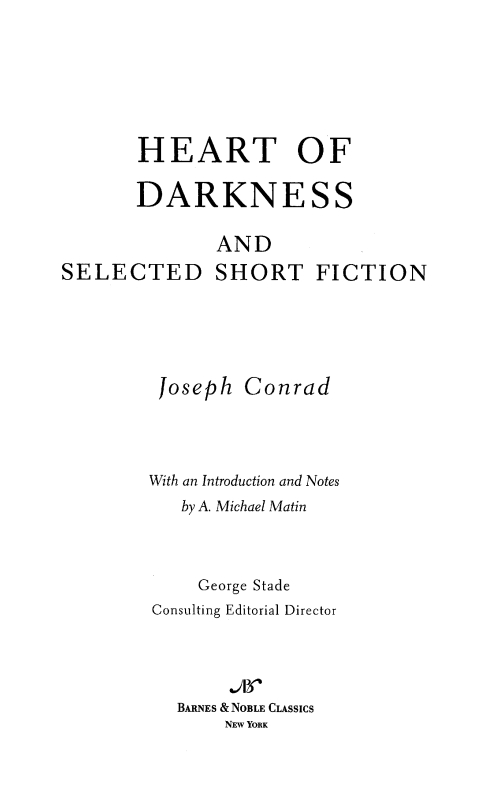
Table of Contents
FROM THE PAGES OF HEART OF DARKNESS AND SELECTED SHORT FICTION
This could have occurred nowhere but in England, where men and sea interpenetrate, so to speakthe sea entering into the life of most men, and the men knowing something or everything about the sea, in the way of amusement, of travel, or of bread-winning. (from Youth, page 7)
Only a moment; a moment of strength, of romance, of glamourof youth! (from Youth, page 36)
What greatness had not floated on the ebb of that river into the mystery of an unknown earth! ... The dreams of men, the seed of commonwealths, the germs of empires. (from Heart of Darkness, page 39)
The conquest of the earth, which mostly means the taking it away from those who have a different complexion or slightly flatter noses than ourselves, is not a pretty thing when you look into it too much.
(from Heart of Darkness, page 51 )
In and out of rivers, streams of death in life, whose banks were rotting into mud, whose waters, thickened into slime, invaded the contorted mangroves, that seemed to writhe at us in the extremity of an impotent despair. Nowhere did we stop long enough to get a particularized impression, but the general sense of vague and oppressive wonder grew upon me. It was like a weary pilgrimage amongst hints for nightmares.
(from Heart of Darkness, page 50)
They were dying slowlyit was very clear. They were not enemies, they were not criminals, they were nothing earthly now,nothing but black shadows of disease and starvation, lying confusedly in the greenish gloom. (from Heart of Darkness, page 53)
It is impossible to convey the life-sensation of any given epoch of ones existencethat which makes its truth, its meaningits subtle and penetrating essence. It is impossible. We live, as we dreamalone.
(from Heart of Darkness, page 65)
I dont like workno man doesbut I like what is in the work,the chance to find yourself. Your own realityfor yourself, not for otherswhat no other man can ever know. They can only see the mere show, and never can tell what it really means.
(from Heart of Darkness, page 66)
The reaches opened before us and closed behind, as if the forest had stepped leisurely across the water to bar the way for our return. We penetrated deeper and deeper into the heart of darkness.
(from Heart of Darkness, page 75)
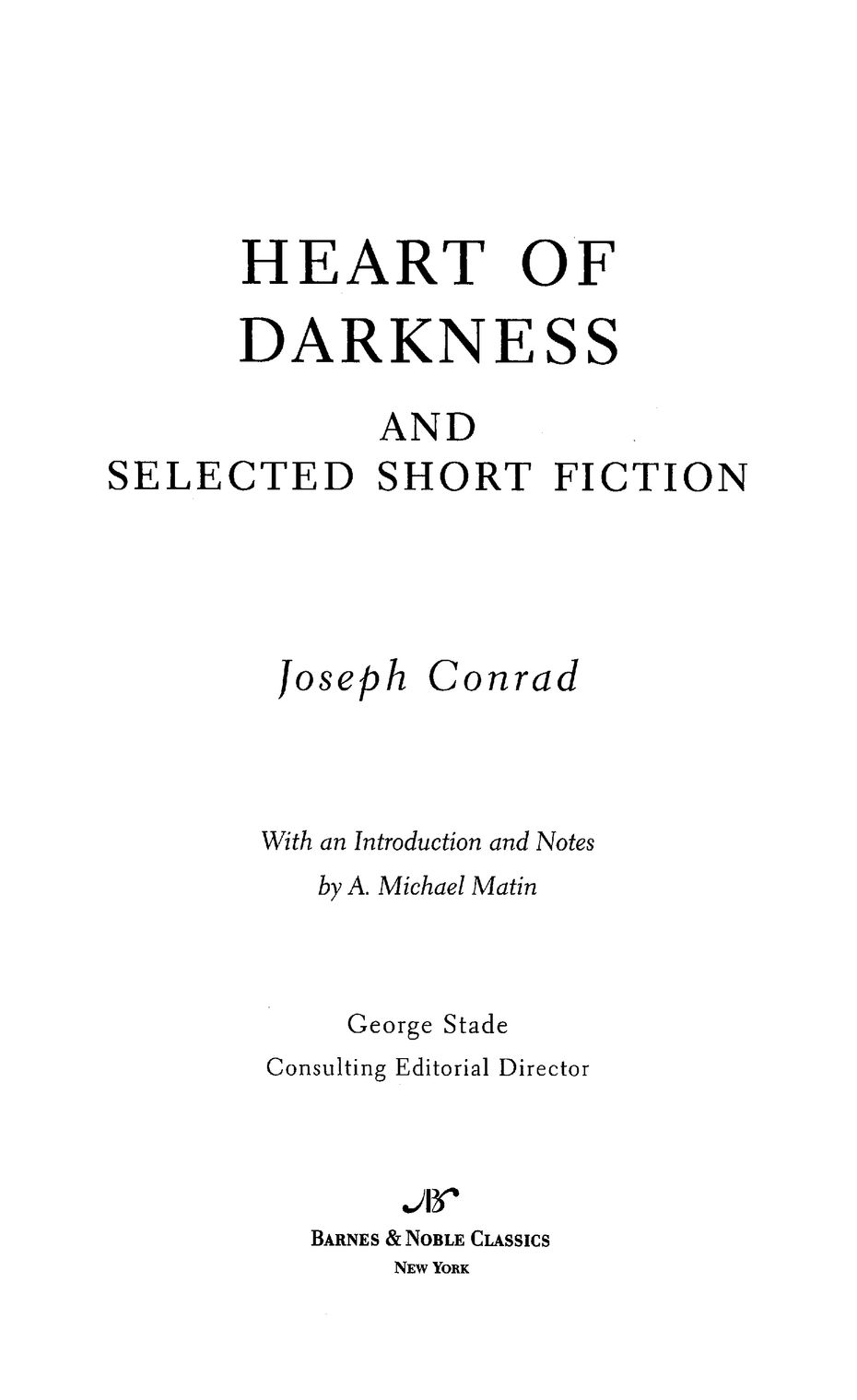
JOSEPH CONRAD
Jzef Teodor Konrad Korzeniowski was born on December 3, 1857, in a Polish province in the Ukraine to parents ardently opposed to the Russian occupation of eastern Poland. From his father, Apollo, Conrad developed a great love of literature, and he read the works of James Fen imore Cooper, Charles Dickens, William Makepeace Thackeray, and Sir Walter Scott in Polish and French translations. After he lost his parents to tuberculosis in 1865 and 1869, Conrad was cared for by his uncle Tadeusz Bobrowski until 1874, when he left for Marseilles to launch a career at sea that would span some twenty years. He joined the British merchant marine in 1878, climbing the ranks and passing his captains exam in 1886the same year he became a British subject. Conrads many ocean voyages took him all over the world and provided inspiration for his subsequent writing career, but it was his trip up the Congo River on a steamship that left him disenchanted with humanity and that led him to write his seminal work Heart of Darkness (1899). Conrad had begun a decade earlier, at age thirty-one, to compose fiction in English, a language he had not learned until he was a young adult. He published his first novel, Almayers Folly, in 1895 under the pen name Joseph Conrad and, encouraged by the literary critic Edward Garnett, then devoted himself to writing. Although he suffered from physical ailments, such as malaria, as well as psychological problems, Conrad nonetheless produced a substantial body of work, including the great novels Lord Jim (1900), Nostromo (1904), The Secret Agent (1907), and Under Western Eyes (1911). He is regarded as one of the premier prose stylists and writers of psychological fiction in the English language. He died of a heart attack on August 3, 1924.

THE WORLD OF JOSEPH CONRAD
| 1482 | The Portuguese navigator Diogo Co discovers the mouth of a river nearly 3,000 miles long. Europeans initially call it the Zaire, but it later becomes known as the Congo. |
| 1491 | Christian missionaries first travel to the Congo. |
| 1853 | Scottish missionary-doctor David Livingstone embarks on his Zambezi expedition, one of the most significant explorations of the Congo. |
| 1857 | Jzef Teodor Konrad Korzeniowski is born in a province in the Russian-occupied Ukraine to Polish parents Ewa (ne Bobrowska) and patriot, poet, and translator Apollo Korzeniowski. |
| 1861 | Apollo is arrested by the Russian authorities for his nationalist activities. |
| 1862 | Apollo is released, and the family is exiled to Vologda, Russia. |
| 1865 | Conrads mother dies of tuberculosis. Conrad first experiences English literature through his fathers translations of Shakespeare. (His first two languages are Polish and French.) |
| 1869 | Conrads father dies, also of tuberculosis; Conrad is adopted by his maternal uncle, Tadeusz Bobrowski, who lives in Poland. The completion of the Suez Canal effectively links the Mediterranean and Red Seas. |
| 1874 | Conrad sets off for Marseilles to become a seaman in the French merchant marine; his first voyage is to Martinique on the Mont Blanc. |
| 1878 | An indebted Conrad attempts suicide by shooting himself in the chest. He subsequently signs on with the British merchant navy. Following Henry Morton Stanleys exploration of the region, King Leopold II of Belgium claims ownership of the Congo, founding the Comit dEtudes du Haut-Congo (later the Associa tion Internationale du Congo); Leopold takes this action pri vately, not on behalf of Belgium. |
| 1881 | Conrad sails to the Far East on the Palestine, a bark of 425 tons. On this two-year voyage, the Palestines cargo of coal catches fire and must be abandoned. Conrad is forced to navigate an open |
| boat for more than thirteen hours, until finally landing on an island near Sumatra. Conrad will draw on this experience when he writes the story Youth (for more, see the Introduction). |
| 1883 | Conrad ships as second mate on the Riversdale, then boards the Narcissus at Bombay; he will later translate this experience into the novel The Nigger of the Narcissus. |
| 1884 | Conrad becomes a first mate. |
| 1885 | The Association Internationale du Congo obtains 450 treaties with African tribal chiefs, as well as the recognition of statehood by America, Belgium, France, Germany, Great Britain, Portugal, and Russia. The Congo Free State is formed, with Leopold II as its sovereign. |
| 1886 | Conrad becomes a British subject and earns his masters certifi cate from the Board of Trade. |


